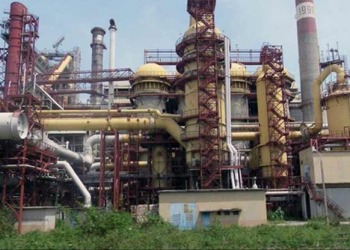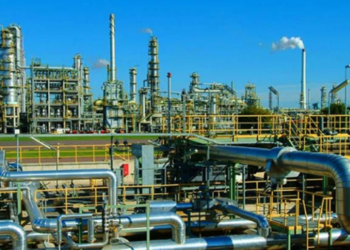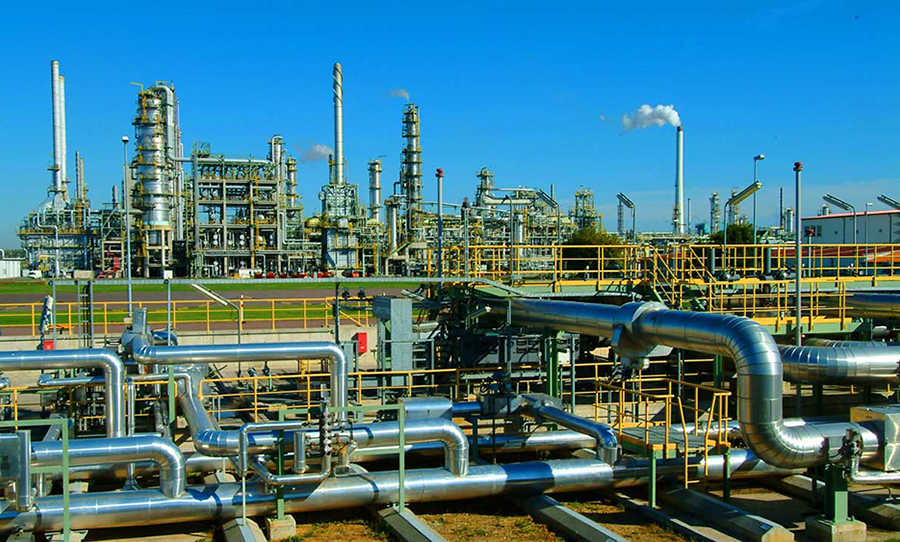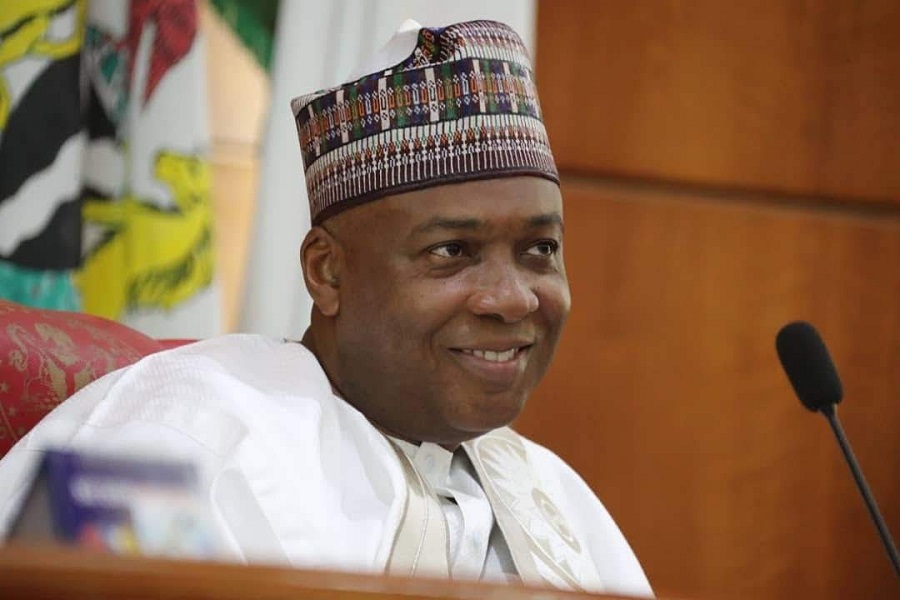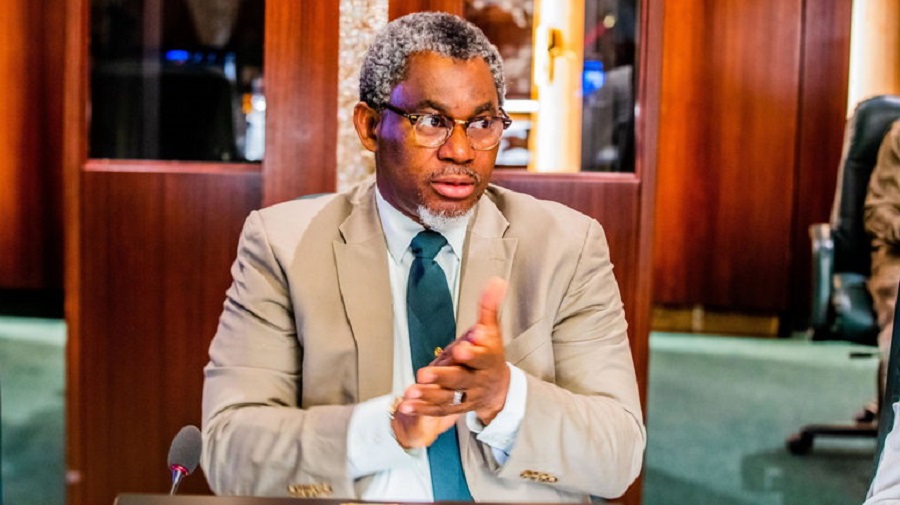The Ajaokuta Steel Plant, located in Kogi State, was developed in 1979 by the Russian engineering company, Technopromexxport (TPE) under the Shehu Shagari government.
The company is yet to be completed despite the sum of $8 billion being spent on it over the years. The steel company was designed to produce 5.2 million tons of various types of steel products.
Although it is tagged the bedrock of Nigeria’s industrialization, the plant is yet to produce any steel. The plant has also generated some controversy over its inability to produce steel, with some stakeholders calling for the plant to be handed over to the private sector, so as to become a viable business.
A staff member at Nigeria’s Ministry of Mines and Steel Development who spoke to Nairametrics on the condition of anonymity said that the Buhari-led administration had earlier planned to resuscitate the steel company for National development. But, the likelihood of doing that is slim as the tenure ends in May 2023.
- In 2016, the Buhari administration signed a renegotiated concession agreement with Global Steel Holdings Ltd for the Nigerian Iron Ore Mining Company (NIOMCO), Itakpe. Under the agreement, the ownership of the Ajaokuta steel company reverted to the federal government.
- However, in March 2022, Nigeria’s Minister of Mines and Steel Development, Olamilekan Adegbite, said the government had convinced Russia, the original builders of the steel complex, to carry out a $2 million technical audit, in order to evaluate the equipment before work could begin at the steel plant. However, the Russia-Ukraine war had made it impossible.
On pages 950 to 951 in the 2023 appropriation budget bill, it is stated that the sum of N3,717,375,949 has been budgeted for the Ajaokuta Steel Company for personnel costs, overhead costs, allowances, refreshments, purchases, repairs, and other costs.
Meanwhile, N53,538,925 is budgeted for power, water, and security projects at the steel company.
Should the project still be pursued?
Absolutely, says Patrick Odiegwu, a Nigerian mining expert. He told Nairametrics that no vibrant economy can do without a vibrant home-based steel industry. According to him, steelmaking is a pathway to national development.
- He said: “Steel cannot be understated in any nation. If you are talking about industrial production, most of the instruments that we use, are manufactured out of steel, so when a nation has this kind of lackadaisical approach to steel development, especially when we have the primary mineral that is underpinning the development of steel, which is iron ore, it is shocking.
- “When you have billions of deposits of iron ore that can support the mining, processing, and refining that a steel plant represents, in a budding economic development of any nation, it is regrettable and concerning that, we are approaching our steel sector in this cavalier manner.”
Every year, Nigeria spends close to $1 billion in the importation of steel products, that could easily have been produced from the raw materials we have in abundance.
Odiegwu says there are challenges, however, it is important for the political class to carry out some introspection on steel and asks the right questions, so, they can do what needs to be done. To be in governance means having solutions to common problems plaguing the country, not giving excuses, he notes.
Speaking on the geopolitical importance of steel production, Odiegwu says:
- “Steel has geopolitical importance in the global economy, any country that is yet to understand this fact will lose out. If Nigeria will be a developed nation, all stakeholders must take action steps to make steel development a priority area of focus.”
- He also said: “Nigeria needs a private sector-led steel development, so it can function properly. A car cannot be manufactured or assembled without steel; no structure can stand without steel reinforcements. Meanwhile, more global research and innovation keep introducing new areas of steel use in and out of the market. So, while we are wasting time and borrowing money to service our budgets, the market keeps evolving. Our current priorities do not reflect the will to build a truly industrial country.”
Odiegwu also told Nairametrics that it is a possibility that the consumerism attitude of the Nigerian market might be working against it when it comes to the stalled production of steel over the years.
- He said: “Right now, and years before now, Nigeria has remained a consumer market, transitioning into a competitor on the global market is something some countries may not welcome. We need our leaders to understand Nigeria’s place in the world and develop the right strategies to develop steel production in Nigeria. We need them to be purposeful and intentional about this.”
Steelmaking in the fourth industrial revolution
If the Ajaokuta Steel Plant becomes active in the short to medium term, it will have to consider CO2 emissions in its operations and adopt strategies to become more energy efficient.
The initial plan of the Ajaokuta steel plant was to produce steel using the blast–furnace–basic oxygen furnace route.
However, a staff member at the Ministry of Mines and Steel, told Nairametrics that the electric arc furnace (EAF) has been touted by industry stakeholders as a preferred technology for steel production on a global level.
- Data from the World Economic Forum (WEF), shows that modern industrial steelmaking spits out about two tons of carbon dioxide emissions for every ton of steel produced—adding up to nearly 10% of such emissions worldwide.
- According to WEF, there are no scalable substitutes for steel. Steel is used extensively in many sectors, including construction, automobiles, shipping, aviation, and machinery. However, manufacturing steel requires highly energy-intensive processes to extract iron from iron ore and turn iron into steel – more than 85% of the energy used comes from fossil fuels.
- So, for Ajaokuta steel company to partake in the current steel production industry, the equipment used in developing the structure since 1979 will have to be replaced if the company wants to compete globally.
The plant will need to consider decarbonizing operations and investing in new technologies in order to be globally competitive.




